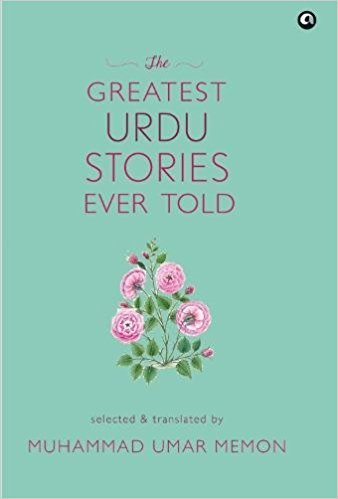If Urdu literature today has a presence outside the boundaries of the South Asian subcontinent, a part of the credit may safely be attributed to Professor Muhammad Umar Memon, who along with Professor CM Naim, has transformed the way the western, in particular the American, academia regards Urdu literature today. An academic, a scholar, a translator, a short-story writer and an astute critic, Professor Memon, has donned many hats. Apart from writing/editing/translating more than a dozen books (which includes translations from Urdu into English and from English and Arabic into Urdu), in his role as a discerning editor of The Annual of Urdu Studies, Professor Memon inculcated an informed appreciation of Urdu literature among generations of his readers. The two volumes under review are specimens of what Professor Memon has accomplished in his long academic career.
The first book under review, The Greatest Urdu Stories Ever Told, is a collection that may be placed between an anthology and a miscellany. The growing interest in Urdu literature in the past few decades has given rise to a cornucopia of general and specialized anthologies of Urdu short stories. An anthology, implying a selection, is said to be ‘a hierarchical classification of literature as determined by an intellectual elite.’ Unlike a miscellany, which is a loose, unordered gathering of writings, an anthology is instrumental in canon formation for it conveys a sense of evolution and hierarchy. Muhammad Umar Memon’s lucid and erudite Introduction sets out to do precisely this. He traces the evolution of Urdu short story from its fantastical Dastan and Fasana origins to the didactic phase followed by social-realism of the Progressives, and the Individualism and experimentation of the Modernists. Memon is also alert to the pedagogical import of such an endeavour when he writes, ‘More in the nature of daydreaming, there is also the fervent hope that this collection might prove useful to the comparativist who may wish to assess the nature of the Urdu short story against its counterpart in other major subcontinental languages, specifically Hindi.’

